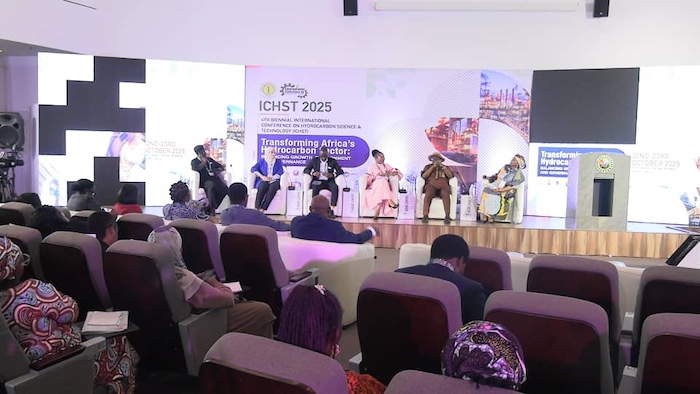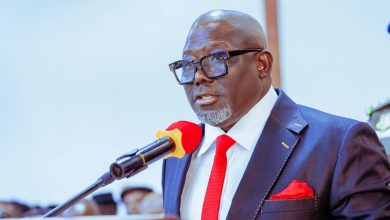Experts call for accelerated development of Nigeria’s gas resources at ICHST 2025

The 4th Biennial International Conference on Hydrocarbon Science and Technology (ICHST) concluded in Abuja over the weekend with a clarion call for accelerated development of Nigeria’s abundant gas resources to drive national growth and economic transformation.
Organised by the Petroleum Training Institute (PTI) in partnership with the Ministry of Petroleum Resources, Petroleum Technology Development Fund (PTDF), Nigerian Upstream Petroleum Regulatory Commission (NUPRC), Nigerian Midstream and Downstream Petroleum Regulatory Authority (NMDPRA), and the NNPC Academy, among others, the two-day conference brought together heads of government agencies, industry leaders, professionals, and academics.
In a communiqué read by PTI’s Director of Research and Development, Dr. Tina Isichei, participants noted that Nigeria’s gas reserves, if fully harnessed, could serve as a major engine for national development.
The conference, themed “Transforming Africa’s Hydrocarbon Sector: Balancing Growth, Environment, and Governance,” explored strategies to manage Nigeria’s oil and gas resources in a way that builds public trust, attracts sustainable investment, safeguards the environment, and positions Africa strongly in the global energy transition.
Participants emphasised that the future of the African hydrocarbon industry hinged on strategic collaboration among African nations, and that all agencies under the Ministry of Petroleum Resources must work together to address national energy challenges.
Key recommendations included the establishment of centres of excellence within PTI and universities to meet modern human resource needs in the oil and gas sector, and fostering stronger collaboration between academia and industry to cultivate a skilled workforce ready for the energy transition.
“Transparency is the currency of trust to propel the African hydrocarbon sector,” the communiqué stated.
It also stressed that domestic participation and local content development are critical for skill building and ethical governance.
Tools such as the Public Trust & Anti-Corruption Index can enhance accountability and leadership within the sector.
Conference also called on Nigeria to leverage divestment opportunities in the oil and gas industry as a demonstration of the country’s technical, managerial, and financial maturity.
They highlighted the urgent need to develop gas investment solutions for the short, medium, and long term, noting that energy remains the biggest catalyst for economic growth.
“Nigeria’s natural gas resources are sufficient to support development by harnessing digitalization, innovation, and technology,” the communiqué noted.
With Nigeria projected to be the world’s third most populous country by 2050, participants stressed the importance of forward-thinking, sustainable energy solutions.
Specific policy recommendations included accelerating Compressed Natural Gas (CNG) investments, ensuring all Liquefied Petroleum Gas (LPG) importers establish local processing plants, liberalising the gas sector, and crafting enforceable regulatory frameworks that empower the private sector.
Participants urged the federal government to maximise the country’s gas reserves to diversify the economy into agriculture and Information and Communication Technology (ICT) while pursuing the ongoing energy transition without compromising existing energy assets.
The conference concluded with a consensus that mentorship platforms and youth development programs must be expanded to equip young Nigerians for leadership roles in the evolving hydrocarbon and energy sectors.



